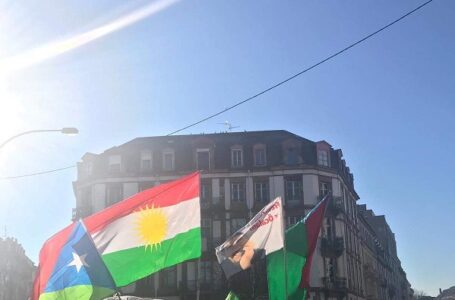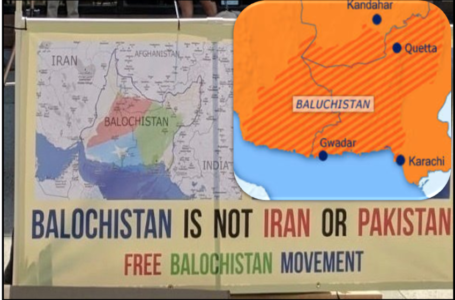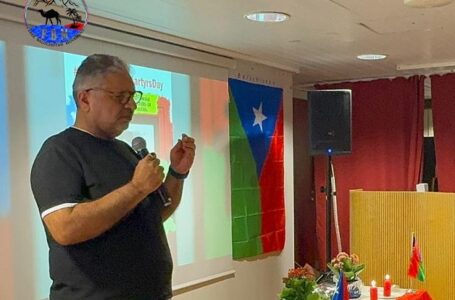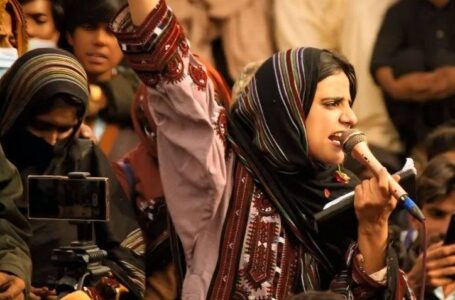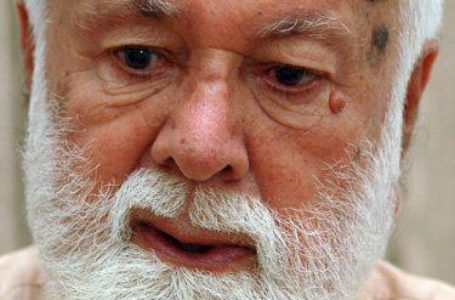Israel’s decisive Attack on Iran a Significant Opportunity for Baloch National Independence: FBM
Human Rights Abuses in Balochistan
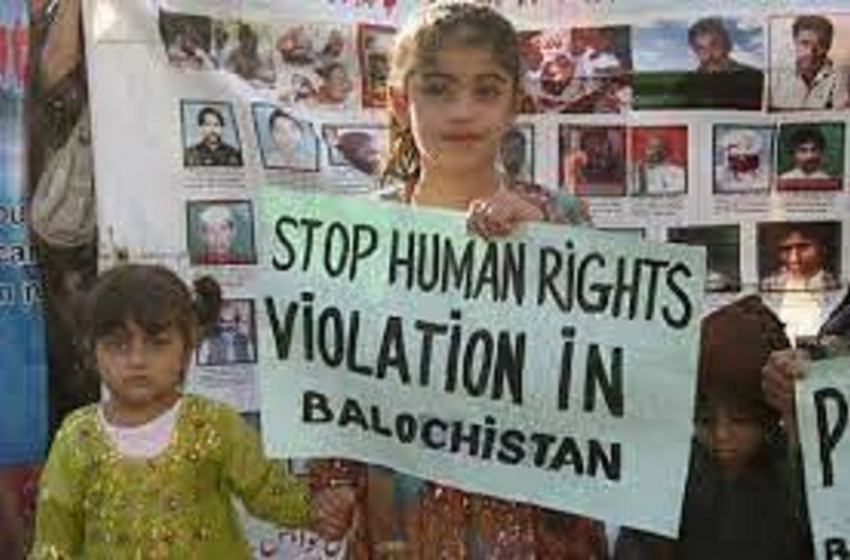
File Photo
By Archen Baloch
Balochistan has long been a region marred by brutality, with entire villages and cities bearing the scars of atrocities committed by Iran and Pakistan. The conflict is characterised by extreme measures taken by these states to suppress dissent and stifle aspirations for independence.
Forced Disappearances
One of the most harrowing aspects of the crisis in Balochistan is the phenomenon of enforced disappearances. Thousands of Baloch political activists, students, and civilians have been abducted by state security forces, often without legal justification. These individuals are taken to undisclosed locations, with no information provided to their families. Many victims are subjected to torture, and some are never seen again. Pakistan denies these disappearances, while Iran accuses those abducted of waging war against God or spreading mischief, often sentencing them to death in kangaroo courts.
The case of Zakir Majeed Baloch is emblematic of this tragedy. A prominent Baloch student leader and political activist, Zakir was abducted by Pakistan’s security forces in 2009. Despite years of advocacy by his family and human rights organizations, his whereabouts remain unknown, a fate shared by thousands of others in Balochistan.
Similarly, in Iran, the IRGC and intelligence agents routinely arrest, torture, and execute Baloch individuals on trumped-up charges. A notable case is that of Molavi Fathi Mohammad Naqshbandi, the Friday Prayer leader of Rask, who has been “physically and mentally tortured” for his support of anti-government protests and for speaking out against the rape of Maho Baloch by the Chabahar police chief.
After his arrest, he was accused of “disseminating false information, defaming the Islamic Republic of Iran, and acting against national security.” According to his son, Molavi Abdul Ghafar Naqshbandi, his elderly father endured torture involving a “stun gun and an ironing machine” at the Intelligence Department of Zahedan, the capital of Iranian-Occupied Balochistan.
Impact on Families
The impact of these disappearances on the families left behind is profound. Mothers, sisters, wives, and children live in perpetual grief and uncertainty, marked by protests, vigils, and desperate searches for information about their loved ones. The pain of not knowing whether a son, brother, or husband is dead or alive is a form of psychological torture that continues for years. Many family members of the disappeared carry this pain to their graves.
State-Sponsored Atrocities
In addition to enforced disappearances, the Baloch people face other forms of state-sponsored violence, including extrajudicial killings, torture, arbitrary arrests, and executions. The Pakistani and Iranian governments use these tactics to crush the Baloch freedom movement and silence dissent. Military operations in the region often result in civilian casualties, destruction of property, and further displacement of already marginalised Baloch nation.
International Response
The international community has largely remained silent on the human rights abuses in Balochistan. While some human rights organisations and activists have tried to bring attention to the crisis, the issue remains underreported, and the perpetrators of these atrocities continue to act with impunity.
The Baloch people feel ignored and discriminated against by international human rights groups and the global community. The UN’s silence on the atrocities, brutalities, and genocidal policies of its member states, Iran and Pakistan, is causing the Baloch to lose hope in the organisation.
Feeling abandoned, the Baloch are relying on their own strength, resisting Pakistan and Iran’s barbarism by all means available. The world must step forward to support the Baloch before it is too late.



